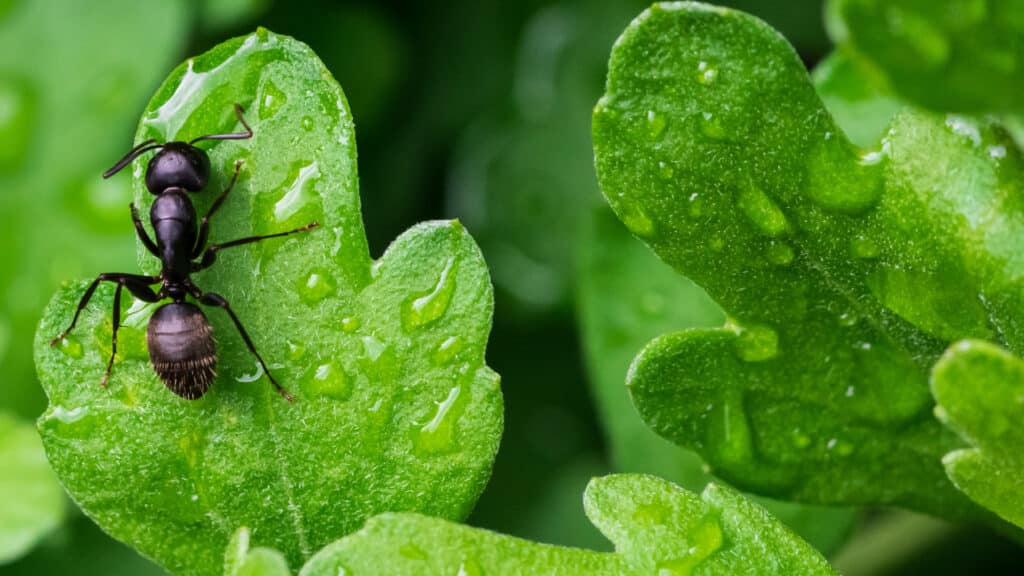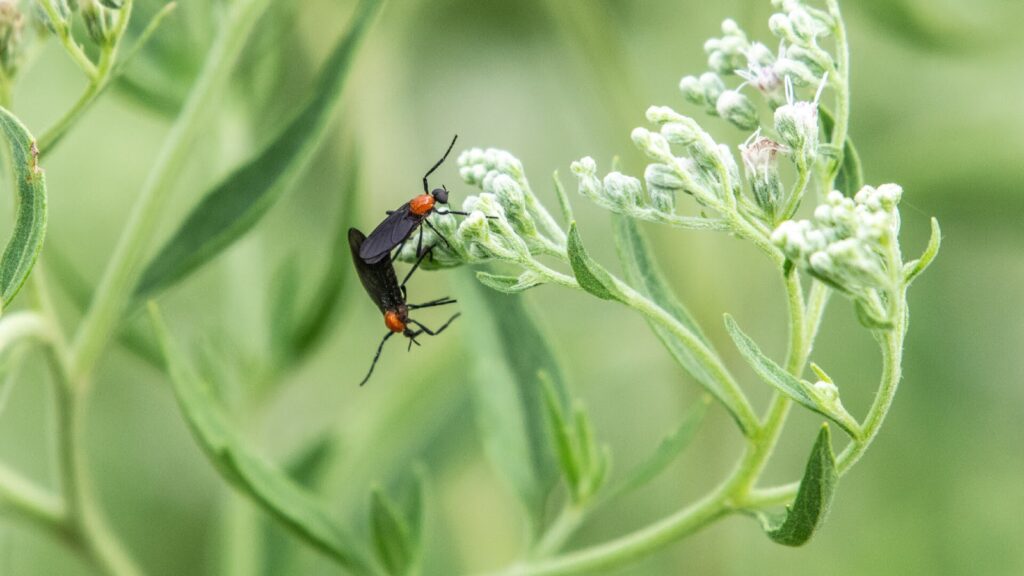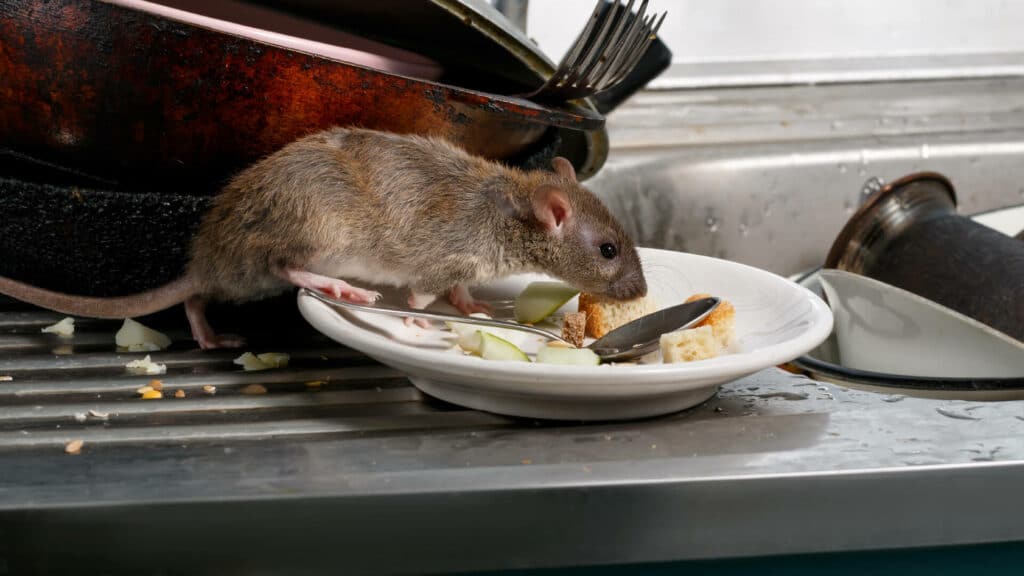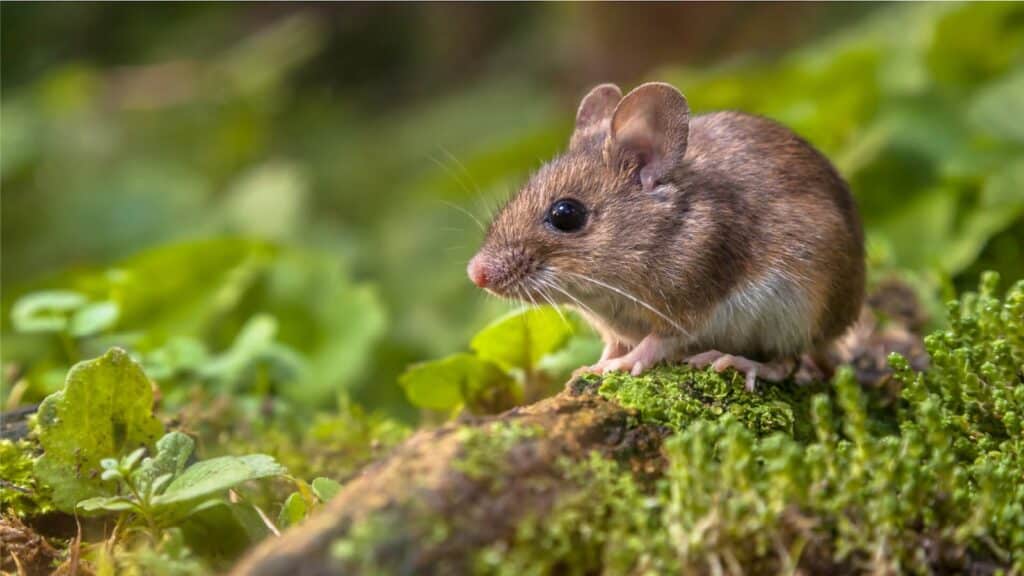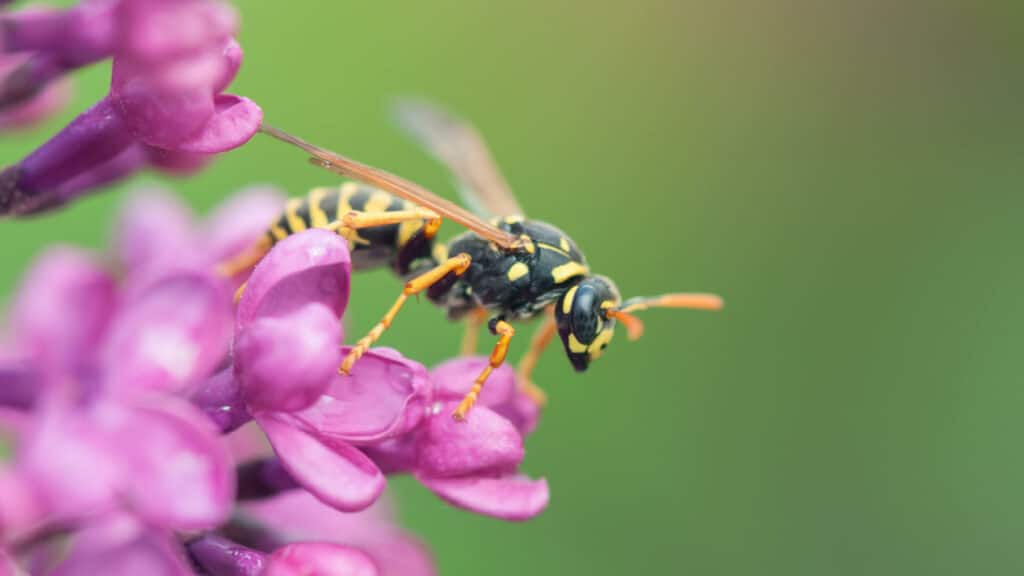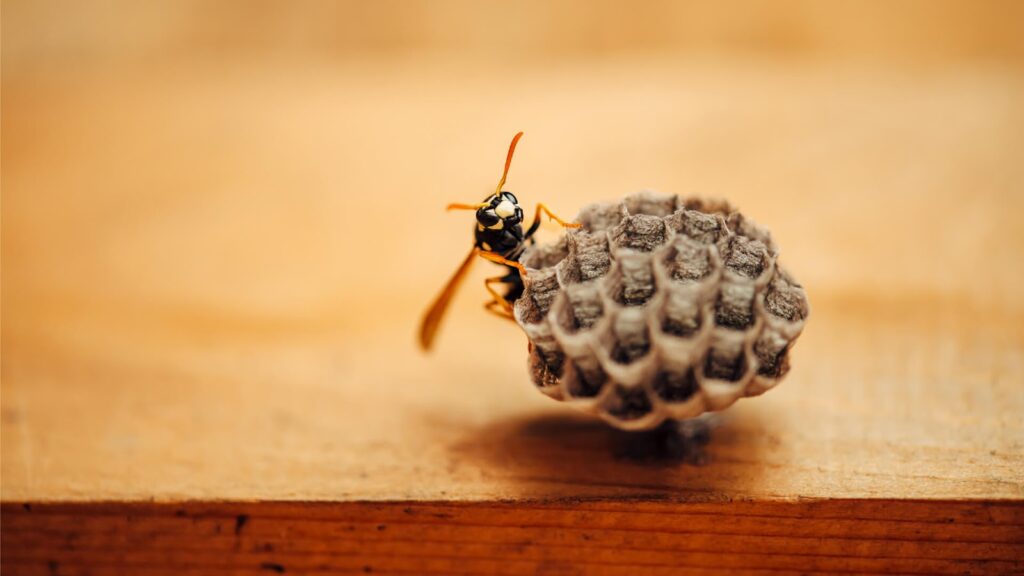Cockroaches and spiders and rats, oh my! Having pests in your home is unsettling. Not to mention, it can be extremely difficult to get rid of an infestation on your own. Luckily, there are experts that specialize in getting rid of pests. Now, we may be a little biased since we are a pest control company. However, there’s no denying that hiring a professional pest control service is your best option for getting rid of pests. While Aptive pest control experts are trained to treat a variety of environments and pests, there are a few steps you can undertake to make your pest control treatment even more effective.
From stingers and biters to ants and pantry pests, Aptive provides many different types of pest control. However, it is just as important for homeowners to do their due diligence before a pest control treatment.
What to do Before Home Pest Control Service
There are a few things you can do to make pest control more effective and efficient. Fortunately, preparing your home is a relatively easy task and shouldn’t require too much of your time. By following the steps listed below, you will make your pest control expert’s job easier and help ensure a successful treatment. While you should always keep your house clean and tidy to prevent pests, you will definitely want to clean your home thoroughly before a pest control expert treats you home. Some other actions you can do to prepare for pest control treatments include:
-
Mop and clean any hard flooring your house and vacuum carpet and rugs (be sure to remove and clean out the vacuum bag after using it).
-
Make sure all food, including pet food, is put away and sealed in air-tight containers.
-
Move furniture away from the walls so pest control expert has access to the room’s corners and edges.
-
If treating an attic, basement, or crawlspace, make sure the pest control expert has access.
-
Make sure pets are put in a safe area, even better drop them off at a friend’s house.
-
Close all windows and doors before the pest control treatment begins.
-
Put away and cover clothes, children’s toys, jewelry, and toiletries if possible.
-
Take out all garbage.
-
Make sure your pets are treated for fleas and ticks.
-
If you have fish or birds, make sure their aquariums and cages are covered.
After your treatment, you will likely find dead pests for a few days. Since dead pests can attract other pests, you should dispose of any dead pests you discover immediately. Eventually, the dead pests will diminish in frequency and you won’t have to worry about picking up a dead bug. However, it’s always a good idea to inspect areas pests are attracted to on a regular basis. That way, you can rearrange for a pest control expert to return to your home if you discover active pests.
Since these steps are only a guideline, it’s a good idea to speak with your pest control service or pest control technician and ask what’s the best way to prepare your house for a pest control treatment. Furthermore, preparing your home often depends on what kind of pest you have. Always speak to the pest control service to find out what needs to be done before pest control treatment takes place.
To ensure you are truly prepared and have the best service delivered to you, you can coordinate with your local Aptive Environmental branch before your scheduled treatment. Call your local Aptive Environmental branch to schedule a service today.
